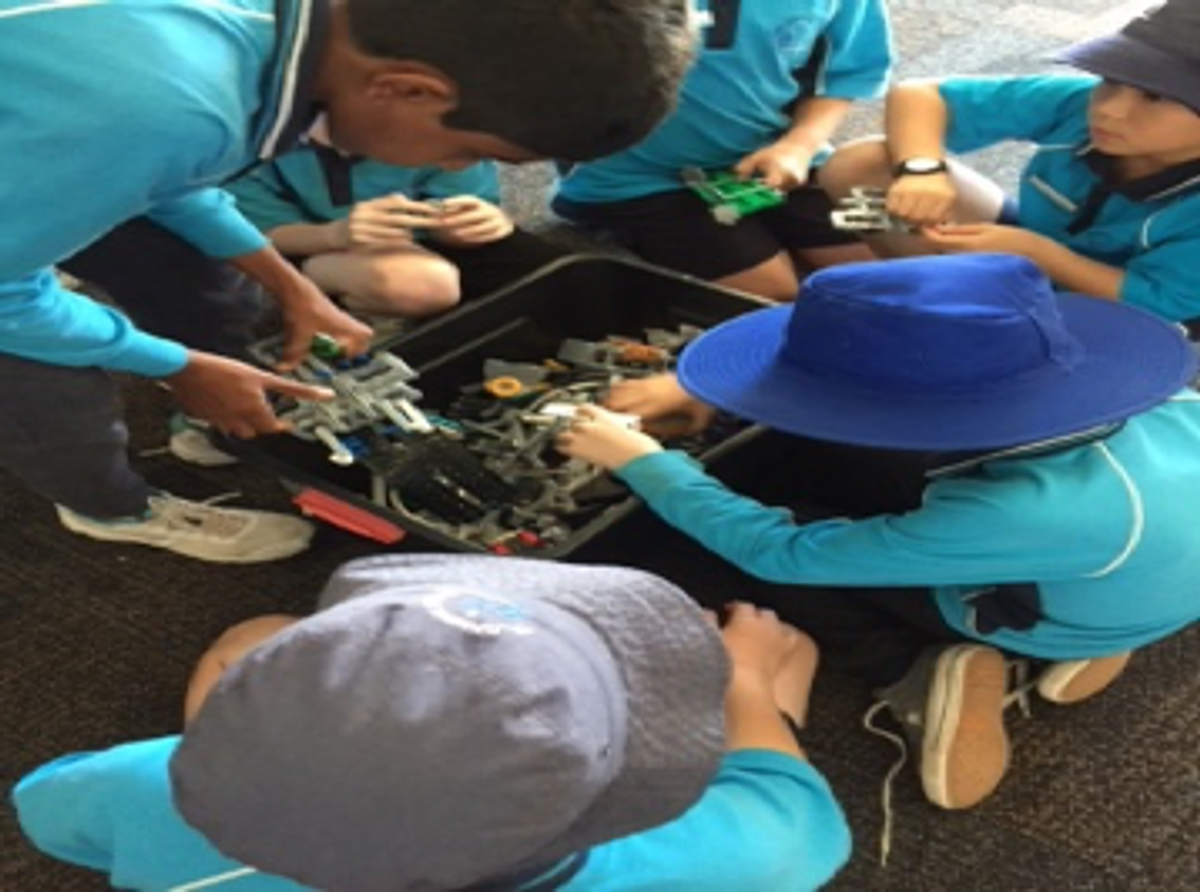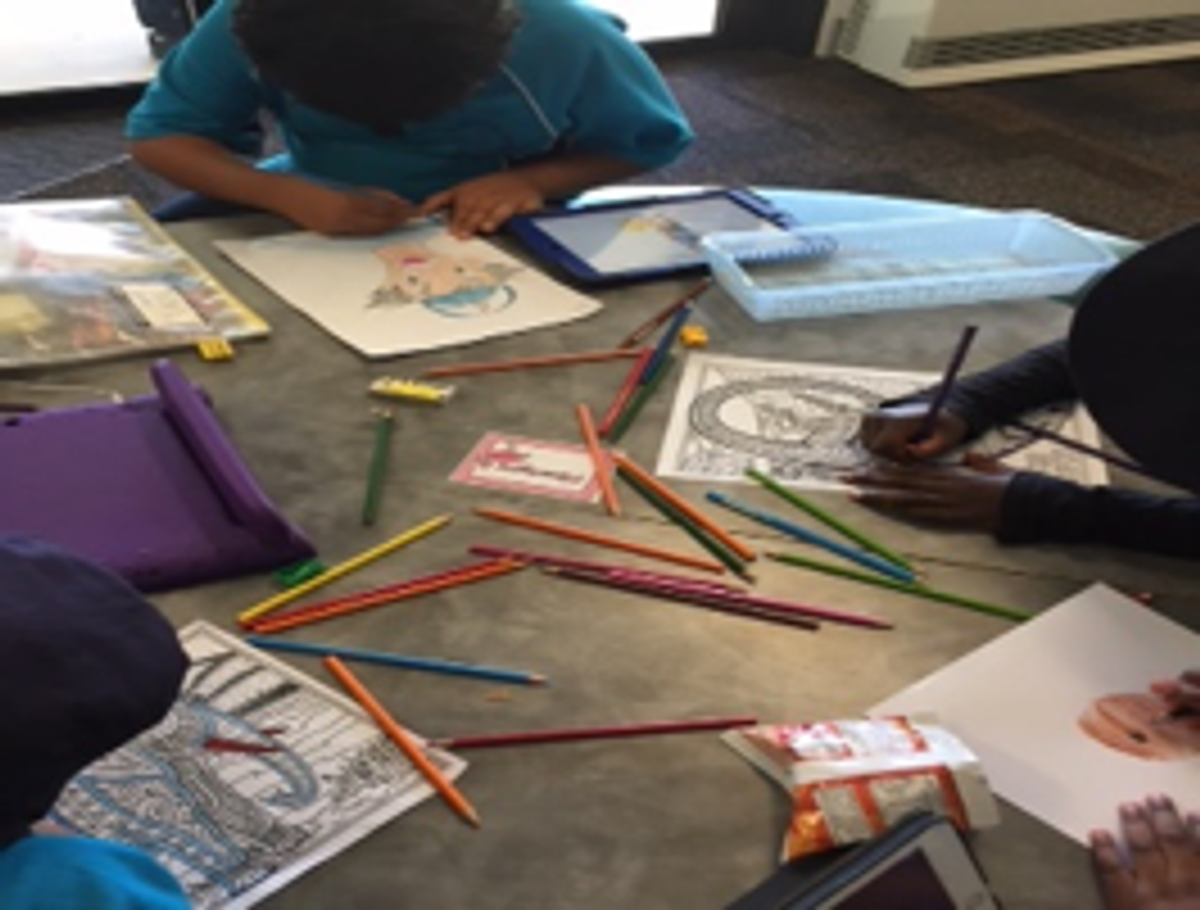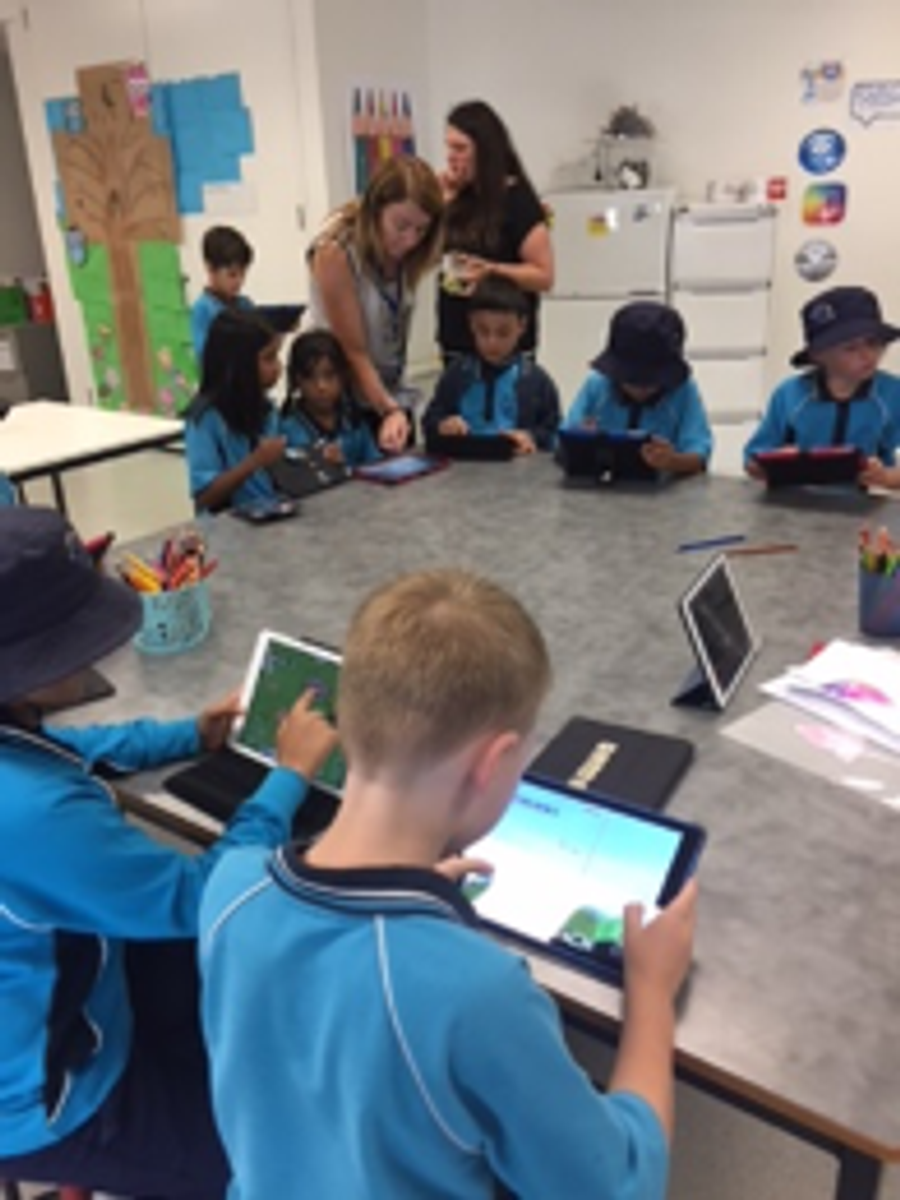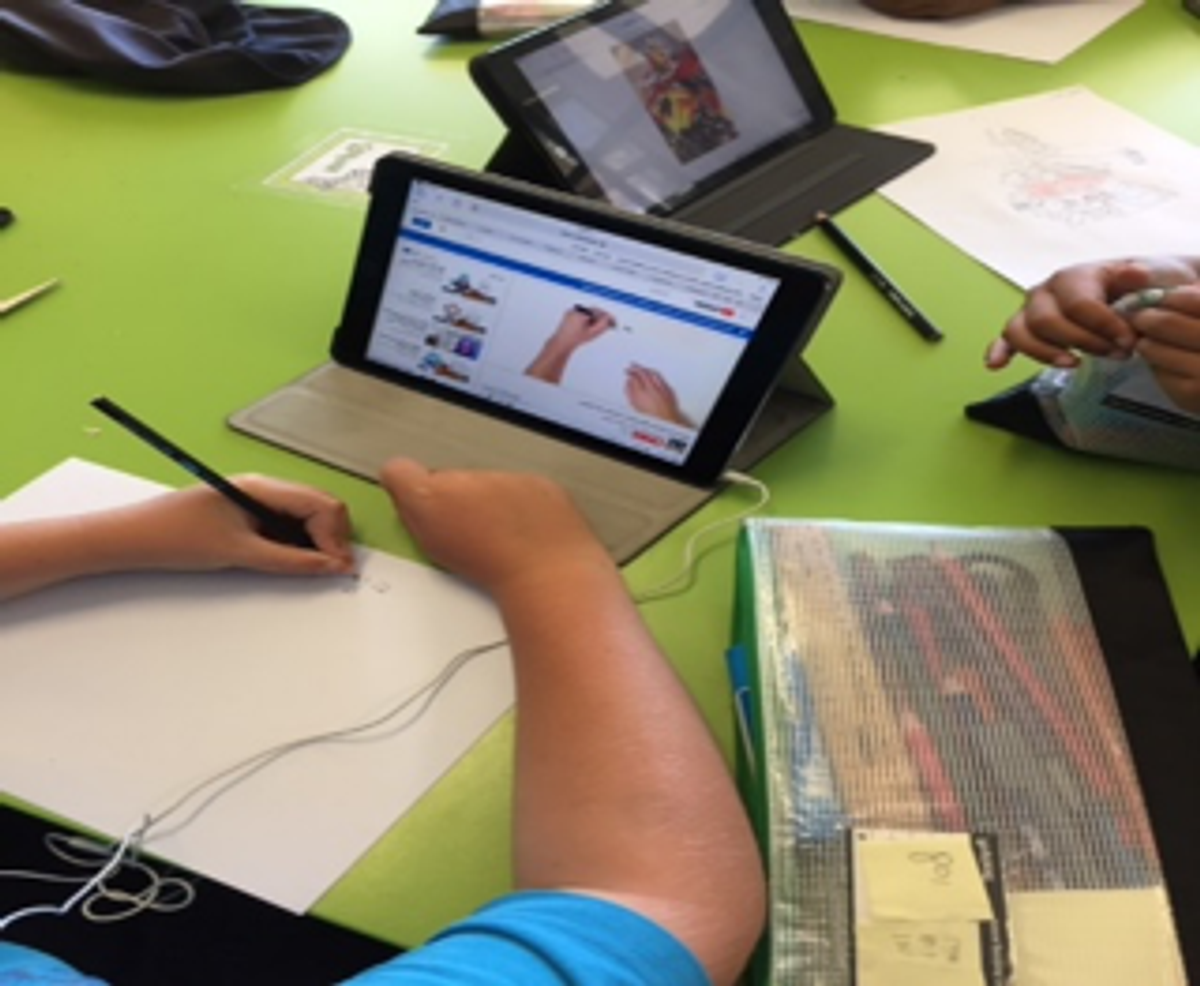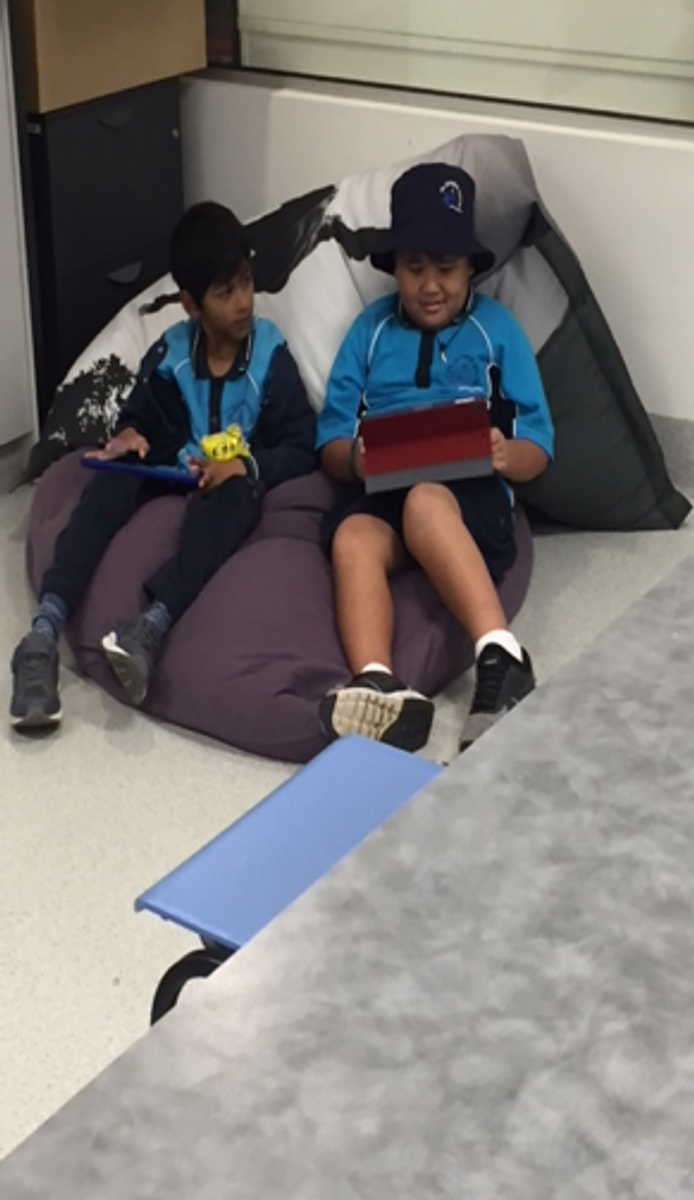STUDENT WELLBEING AND ENGAGEMENT REPORT

National Day against Bullying and Violence, Friday March 16th:
The focus of the day was “imagine a world free from bullying”.
Every member of the school community has a right to feel safe and protected from bullying. Bullying can have long-lasting effects on those involved. Bullying can take many forms and it is important to take a stand against this anti-social behaviour and to develop strategies for dealing with conflict situations.
Bullying is really all about using power in various ways to cause psychological and/or physical harm. Bullying can be verbal, physical or can even happen online.
You can tell if something qualifies as bullying by considering these three components:
- the misuse of power in a relationship
- it is ongoing and repeated
- it involves behaviours that can cause harm
Learning how to be a respectful and responsible member of the school community leads to a safe and supportive learning environment where everyone can thrive.
What can I do if I believe my child is being bullied?
Stay calm and positive
It can be upsetting when your child is being bullied. Focus on identifying a solution with your child. A confident, positive and resilient appearance can stop bullying from continuing. It might be helpful to draw on your own networks to get support for yourself while you are helping your child.
Talk with the school
You do not need to ask your child’s permission to talk to the school. Understandably, children who are being bullied are often fearful and worry that any action will worsen the problem. The solution is to make a parental decision to talk to the school. A consistent and co-operative approach by both the home and school is important. You can always let your child know later what actions you have taken. Let the school take responsibility for helping students who are bullying to change their ways.
Keep your child safe
You should contact the school immediately if your child's safety is at risk.
Talk with your child
Encourage your child to talk about what happened. If they want to try to deal with the bullying themselves, discuss these strategies and set a short period of time to see if they can resolve the situation. Tell your child that reporting the bullying is okay. Assure your child that it is not their fault.
Encourage your child to:
- try to act unimpressed or unaffected
- use other strategies to diffuse the situation (e.g. agreeing in an offhand way with the bullying when they say offensive or negative things - this is known as fogging)
- say 'No!' firmly
- talk to the teacher or another staff member, e.g. school guidance officer
- act confidently even when they don't feel it.
Practise some strategies at home with your child to help them to:
- stand and walk in a way that appears more confident
- give a quick reply to surprise or disarm the other child
- use a routine response (e.g. okay, whatever) that implies that the child is not bothered.
Talk about what we know doesn't work with bullying:
- fighting back
- bullying the bully
- ignoring it
- playing with a different group of friends
- remaining silent about the problem.
Give them the Kids Helpline telephone number 1800 55 1800 to use if they ask to talk to someone other than the school, or you don't feel able to support them.
Say no to fighting
Do not advise your child to fight with the other child. Fighting (as distinct from defending themselves from a physical attack) with the other child can escalate the situation and your child may be reprimanded for their part in a fight.
Seek help for your child
Seek help for your child to recover from and understand the bullying incidents and give them the chance to improve their social skills. A child who has been bullied can be at greater risk than others of being bullied again (even when the bullying has been dealt with). Knowing how to deal with bullying and difficult people not just at school but throughout life in social situations and at work is a basic life survival skill.
Lunch Clubs
Students have the opportunity to be involved in many lunch clubs throughout the school week.
There is a dance club, drawing club, coding club, origami club and visual arts club. Many students have been participating in these clubs and have enjoyed the opportunity to do something different during recess and lunch times.
A huge thank you to Michael Gerber who coordinated the clubs and to the staff (Millie Carr, Shirley Lamb, Brendan Chugg, Paula Hounsell, Craig Wiese, Michael Gerber, Emma Boughton and Genn Collier) who give up their breaks for students to participate in these activities.
Brianna Morelli
Student Wellbeing and Engagement
Assistant Principal

